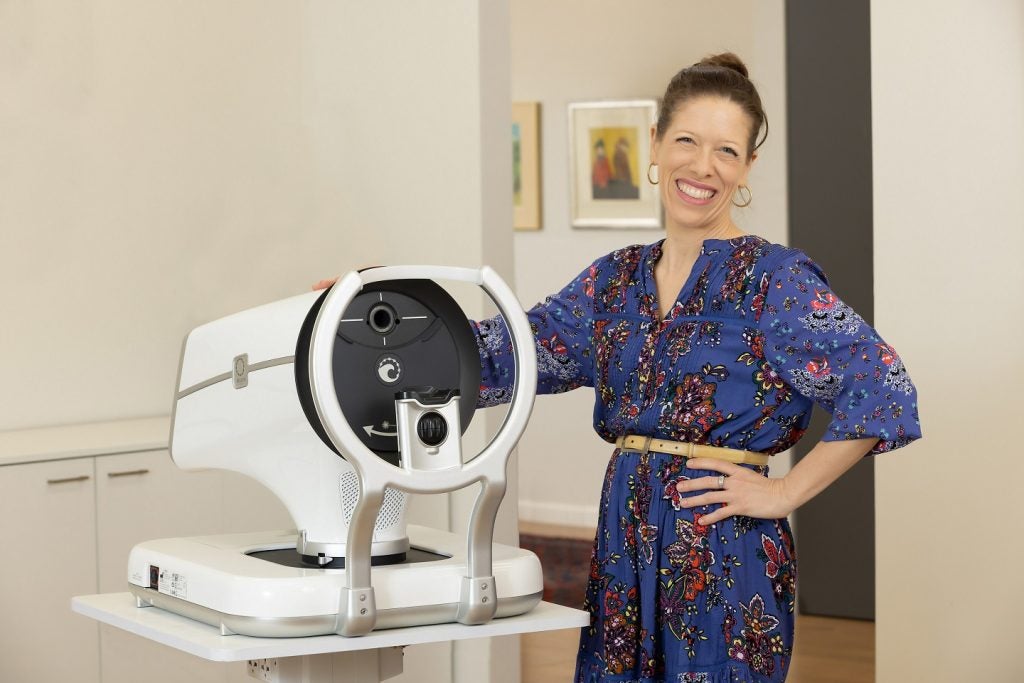J&J has signed a collaboration agreement with BillionToOne (BTO) to supply screening assays for the Phase III AZALEA trial investigating nipocalimab in pregnancies at risk for severe haemolytic disease of the foetus and newborn (HDFN).
BTO’s Unity foetal antigen non-invasive prenatal test clinical trial assay will be used to screen patients to determine their eligibility to be included in the Phase III AZALEA trial, as per a 12 December press release.
HDFN commonly occurs when rhesus (RhD)-negative maternal blood with antibodies against the rhesus D antigen enters the foetal bloodstream, leading to an immune attack of foetal or neonatal red blood cells.
The treatment for HDFN is prophylactic, with RhD-negative pregnant women receiving prophylaxis with Rh immunoglobulins if their foetus was confirmed to be RhD positive, according to the UK’s National Health Service (NHS).
Unity foetal antigen test
The Unity foetal antigen test can qualitatively detect cell-free foetal DNA (cffDNA) encoding for foetal antigens RhD, RhC, Rhc, RhE, or Kell (K) in the blood of pregnant adults who are alloimmunised against the corresponding foetal red blood cell (RBC) antigen and at risk of HDFN. The test can detect the presence of foetal antigens as early as ten weeks, as per a 12 December press release.
The Unity foetal antigen test received an investigational device exemption (IDE) from the US Food and Drug Administration (FDA) to be included in the Phase III AZALEA trial. BTO plans to seek regulatory clearance from global health authorities, as the test is not available for commercial use.
Nipocalimab clinical trial
Nipocalimab is an IgG-specific monoclonal antibody that can selectively block neonatal fragment crystallisable receptor (FcRn) to reduce levels of circulating IgG antibodies, including autoantibodies. It was granted orphan medicinal product designation and orphan drug status by the European Medicines Agency (EMA) and the FDA.
The Phase III trial will include pregnant women with an estimated gestational age of 13-16 weeks and a history of severe HDFN in a prior pregnancy. The participants will need to have the presence of antibody tiers for RhD, RhC, Rhc, RhE, or Kell (K) antigens detected using the Unity foetal antigen test. The trial will open multiple sites across the US, the UK, Israel, Canada and Brazil.
J&J has previously reported data from the open-label, single-group Phase II UNITY (NCT03842189) trial in June. Of the 13 pregnancies, 12 resulted in live births and one case of foetal demise due to complications following an intra-uterine transfusion.















